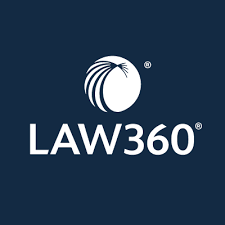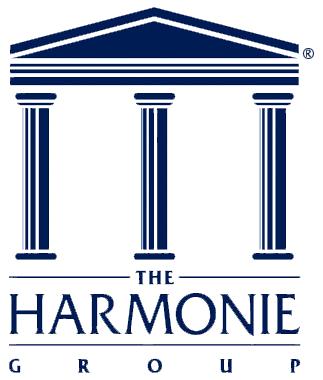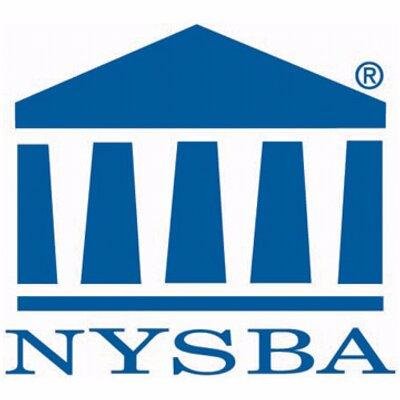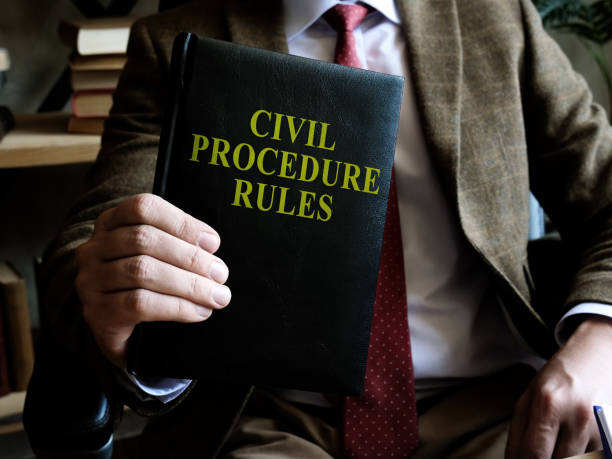General Liability Defense Visit Practice Area →
Want to Be Sanctioned by the Court? Rely on Generative AI to Create Your Legal Arguments
NY Governor Vetoes Grieving Families Act
New York Governor Kathy Hochul, for the second time in as many years, has vetoed the Grieving Families Act, legislation that would completely overhaul wrongful death claims in New York by permitting recovery for emotional damages and expanding the class of persons who can seek recovery for a fatality. The bill was delivered to the Governor’s desk on December 29, 2023, and vetoed that same day.
Hurwitz Fine Ranked by Chambers USA in the Inaugural 2024 New York Regional Spotlight Guide
Hurwitz Fine P.C. is proud to announce that the firm has been ranked in the inaugural Chambers 2024 New York Regional Spotlight Guide for Dispute Resolution, which encompasses both litigation and insurance disputes.
New York Removes Notary Requirement in Civil Cases
Earlier this week, New York State Governor Kathy Hochul signed two bills amending Rule 2106 of the Civil Practice Law and Rules to provide for greater use of affirmations in lieu of notarized affidavits in civil proceedings.
New York Proposes Legislation Conditioning a Foreign Corporation’s Authority to do Business in New York with Consent to Jurisdiction of the New York Courts For All Actions Against the Corporation
New York proposes legislation conditioning a foreign corporation’s authority to do business in New York with consent to jurisdiction of the New York courts for all actions against the corporation. Attorney Michael J. Williams explains this proposed legislation and its implications for businesses and claims in his latest legal alert.
Eric Andrew Quoted in the New York Law Journal on the "Grieving Families Act"
Hurwitz Fine Attorney Eric Andrew offers insight to the New York Law Journal on May 15, 2023, on the revised "Grieving Families Act" slated for legislative review.
Law360: Expert Analysis: Unpacking NY's Revamped Wrongful Death Bill
The Resurrection of the Grieving Families Act: Another Attempt to Revamp New York’s Wrongful Death Statute
After suffering a veto this past January, a revised version of the Grieving Families Act was just introduced to the New York legislature on May 2, 2023. The Grieving Families Act that would completely overhaul wrongful death claims in New York by permitting recovery for emotional damages and expanding the class of persons who can seek recovery for a fatality. The recent iteration of the bill seeks to remedy perceived pitfalls from the prior legislation by more clearly defining who can assert a claim for emotional damages, narrowing the expansion of the statute of limitation, and placing limits on its retroactivity. The new bill however does not implement a cap on damages, nor carve out an exception for medical malpractice claims.
Six Hurwitz Fine Attorneys Featured in The Harmonie Group's 2022 Significant Cases Publication
Hurwitz Fine P.C. had three victories published in The Harmonie’s Group's annual significant cases publication for 2022.
NY Governor Vetoes Grieving Families Act
The bill was delivered to the Governor at the very end of 2022, and expired on January 30, 2023, without the Governor signing the bill into law.
Scott D. Kagan and V. Christopher Potenza featured in the New York State Bar Association's Torts, Insurance & Compensation Law Section Journal
On December 16, 2022, Hurwitz Fine attorneys Scott D. Kagan and V. Christopher Potenza were published in the New York State Bar Association's Torts, Insurance & Compensation Law Section Journal for their comprehensive article, “The Ups and Downs of Elevator and Escalator Litigation.”
Court of Appeals Decision Leads to More Stringent Analysis of Proof to Establish Causation in Asbestos Litigation
In Nemeth v. Whittaker, Clark, & Daniels, Inc., the New York Court of Appeals overturned a $15 million asbestos verdict, finding plaintiff’s trial proof on causation was insufficient as a matter of law. This decision took a more stringent approach to assessing the requirements of experts in establishing specific causation between alleged asbestos exposure and the cancer diagnosis. The First Department recently followed suit in a series of cases, including the vacatur of what was initially a $325 million jury verdict. No longer will conclusory assertions of experts linking asbestos to mesothelioma and lung cancer provide sufficient proof on specific causation for individual products and exposures.
New York Civil Practice Update: Part 2- Understanding the Additional Changes to the New Uniform Civil Rules for the New York Trial Courts Pursuant to Administrative Order 141/2022, Effective July 1, 2022
On February 1, 2021, substantial changes in the form of 29 revisions to the Uniform Civil Rules (22 NYCRR 202.1 et seq.) went into effect. These new rules were designed to promote judicial efficiency (e.g., moving cases to resolution, cooperation of counsel to avoid unnecessary court intervention, and cleaner paper submissions) and can be broken down into three general categories: (1) Conduct of Counsel/Interaction with the Courts, (2) Motion and Trial Papers/Type and Content, and (3) Discovery Rules and Limitations.
Katherine Fleming Featured in Buffalo Law Review
Insurance Coverage Associate Katherine A. Fleming’s Comment was published in the April 2022 edition of the Buffalo Law Review.
Tips for Conducting Virtual Depositions: The Brief – A Publication of the American Bar Association:
Insurance Coverage and Litigation attorney Eric Boron's article, "Tips for Conducting Virtual Depositions," was published in the Spring 2022 edition of The Brief this week.
Four Hurwitz & Fine Attorneys Featured in Harmonie Group's 2021 Significant Cases Publication
Hurwitz & Fine had three victories and four attorneys published in The Harmonie’s Group's annual significant cases publication for 2021.
NYSBA: "Redefining ‘Family’: Emotional Damages and the Grieving Families Act"
Hurwitz & Fine's Chris Potenza and Alice Trueman were recently published in the New York State Bar Association's News Center for their analysis on the expansion of damages in cases of emotional pain and anguish in wrongful death suits.
Amended Version of the New York Comprehensive Insurance Act (CIDA) Signed into Law
The amended version of the New York Comprehensive Insurance Act (CIDA) has now been signed into law, known as Chapter 136 of the Laws of 2022. It amends CIDA as adopted on December 31, 2021, Chapter 832 of the Laws of 2021. While the amendments take out some of the sting of CIDA, as first adopted, it still has some significant obligations placed on defense counsel, with the participation of liability insurers.









